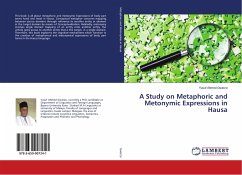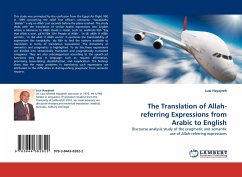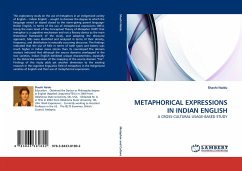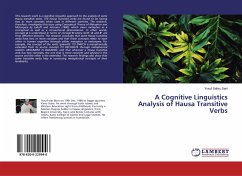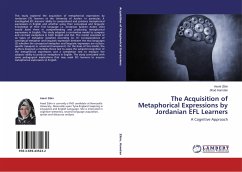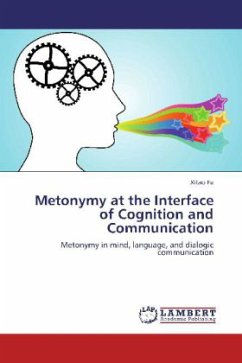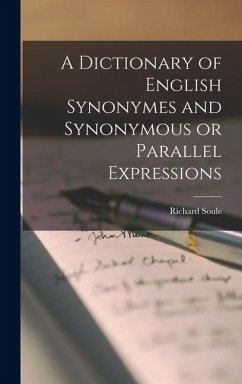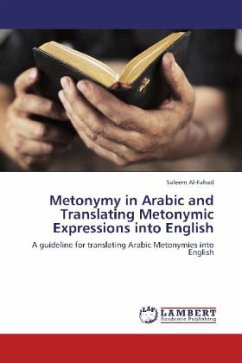
Metonymy in Arabic and Translating Metonymic Expressions into English
A guideline for translating Arabic Metonymies into English
Versandkostenfrei!
Versandfertig in 6-10 Tagen
52,99 €
inkl. MwSt.

PAYBACK Punkte
26 °P sammeln!
The book investigates a significant and tricky figure of speech widely employed by language users to accomplish a large number of purposes. Metonymy in Arabic is so complicated that it may pass easily to a language user with no awareness on his/her part of the meaning intended by the speaker or text producer. The complexity of identifying and comprehending metonymies makes it hard even for versed language users to easily reach the meaning such expressions intend to convey. In addition, metonymy is primarily culture-bound trope, making it quite difficult for translators rendering metonymic expr...
The book investigates a significant and tricky figure of speech widely employed by language users to accomplish a large number of purposes. Metonymy in Arabic is so complicated that it may pass easily to a language user with no awareness on his/her part of the meaning intended by the speaker or text producer. The complexity of identifying and comprehending metonymies makes it hard even for versed language users to easily reach the meaning such expressions intend to convey. In addition, metonymy is primarily culture-bound trope, making it quite difficult for translators rendering metonymic expressions to bring about an expression of similar value in the target language, not because of the expressions themselves but because of the difference in the thinking styles and cultural backgrounds of the language users. However, the present study sheds light on the strategies available to translator for fulfilling this tough task.



